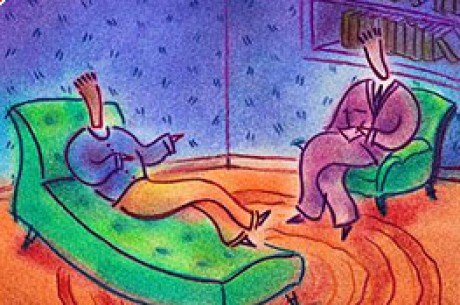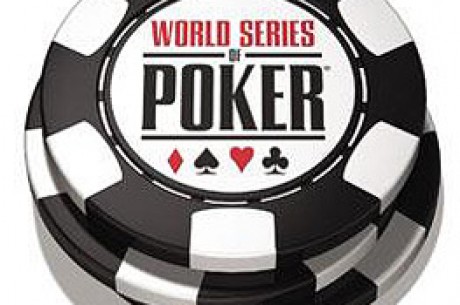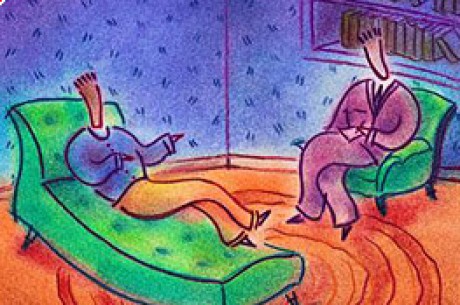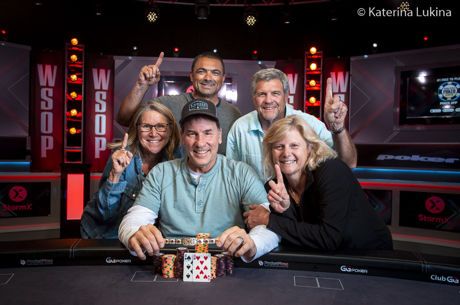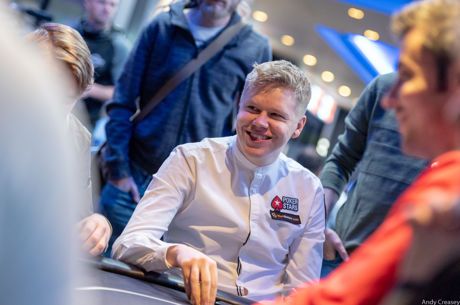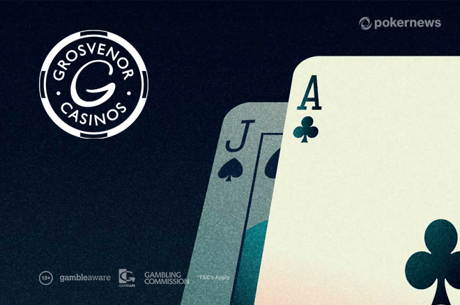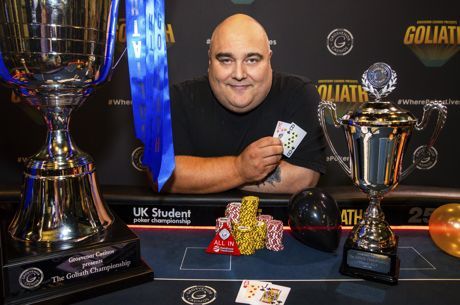The Poker Counselor's Corner (31)
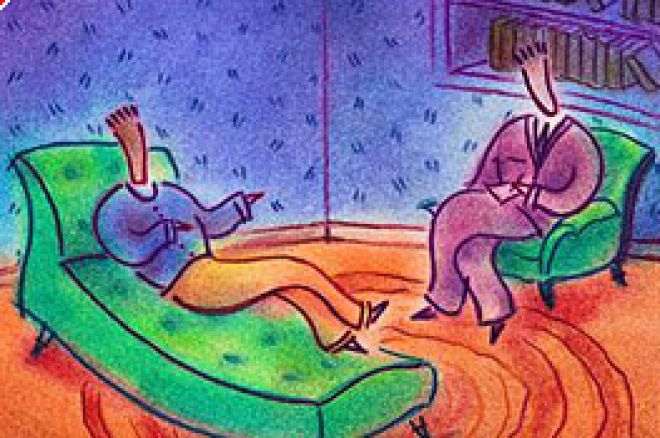
Editor's Note: In addition to being a poker enthusiast, gambling columnist, and lecturer, John is a National Certified Counselor (NCC). He has a Master of Arts degree in Counseling from West Virginia University, and a Bachelor's degree in Psychology with a minor in Sociology from Lock Haven University. You can arrange for interviews, speaking engagements, or ask your question to "the Poker Counselor" at [email protected].
My bankroll has been sitting at the same amount (just about the same) for a long time now. Of course there are slight ups and downs, but I just can't seem to get ahead by as much as I would like to see. How can I get to where I want to be? -emailed by Bowl1
Well, it is positive to see that your bankroll has held steady for a while. That means you are playing consistent poker, as you'd certainly be down in finances if you were playing sloppily or poorly. Now you seemed determined to take the next step and see (hopefully) steady profits in your future. I find that one of the key mistakes that new and inexperienced players make is in winning "incorrectly". Funny statement, huh? I know you are wondering how one can win incorrectly. By that, I mean that we are almost always satisfied by wining a pot. When we are satisfied, we gleefully move on to the next deal. In that process, we've missed a very key step: we fail to evaluate if we could've possibly won MORE during that winning hand. I see it all the time, and I'm guilty of it from time to time as well. We might check on the flop or turn, playing conservative in order to gauge our opposition or see a free card. We might simply call rather than raise, fearing the decision that would be forced if re-raised. These types of decisions can lead us to win non-maximized pots. Over the course of a full session, these smallish missed bets can add up to a significant amount. Add up several sessions worth, and suddenly you will see that you are "leaving a lot of money on the table" that could be in your stash. So, I advise you to pay close attention to your losses and wins in the near future. After each winning pot, think about what you could have done to win more. Did you extract all of the chips that you possibly could have? Once you've thought that through, attempt to make a mental action plan on what you can do to be better the next time. Never be satisfied. Always look back to learn & improve, and look ahead to set goals.
I have not played in over a week. This is the longest non-playing streak I've had in at least 2 years. I've taken bad beats, my money is low, and I just don't have the drive to play. Do you think I'm done with poker? -emailed by Red_Fox from Albany
All serious poker players have gone through a period of disenchantment with the game. After a run of poor luck and terrible cards, the emotional "balloon" starts to deflate. As the losing streak continues, the zest for poker begins to fade. Soon, it begins to be a struggle just to get the desire to play and stay focused. Once you reach this juncture, it is natural to take a break from the game while wondering if you'll ever play again. In my experience, I've found that very few players follow through with their veiled threats to leave the game forever. While the psyche may desire a break from the barrage of losses and the stress, the allure of the game usually pulls everyone back. Most of us (especially non-professionals) play for psychological reasons more than for the money. We are seeking the challenge, the competition, the camaraderie, the enjoyable internal struggle, and all of the other beauties of this great contest. These needs must be filled elsewhere, once poker is removed from the equation. Thus, I'd guess that poker will be back into your life unless you take up another mental and psychological challenge backgammon, chess, or similar endeavor.
KEEP THOSE QUESTIONS COMING!!! Email to [email protected]
Ed Note: You can't have the poker blues when playing at Poker Blue

